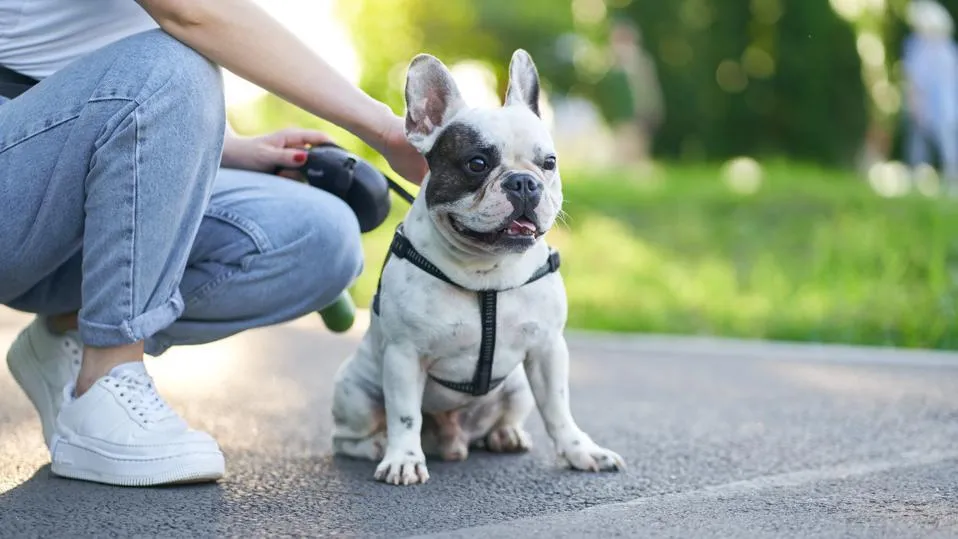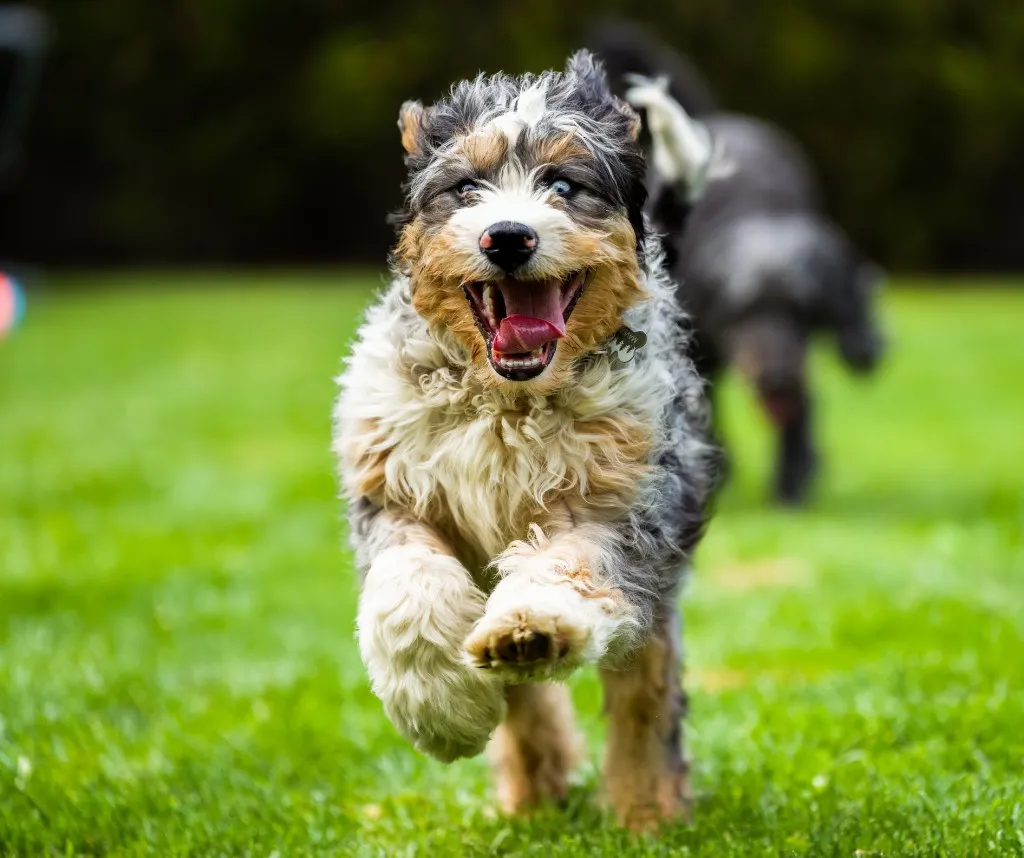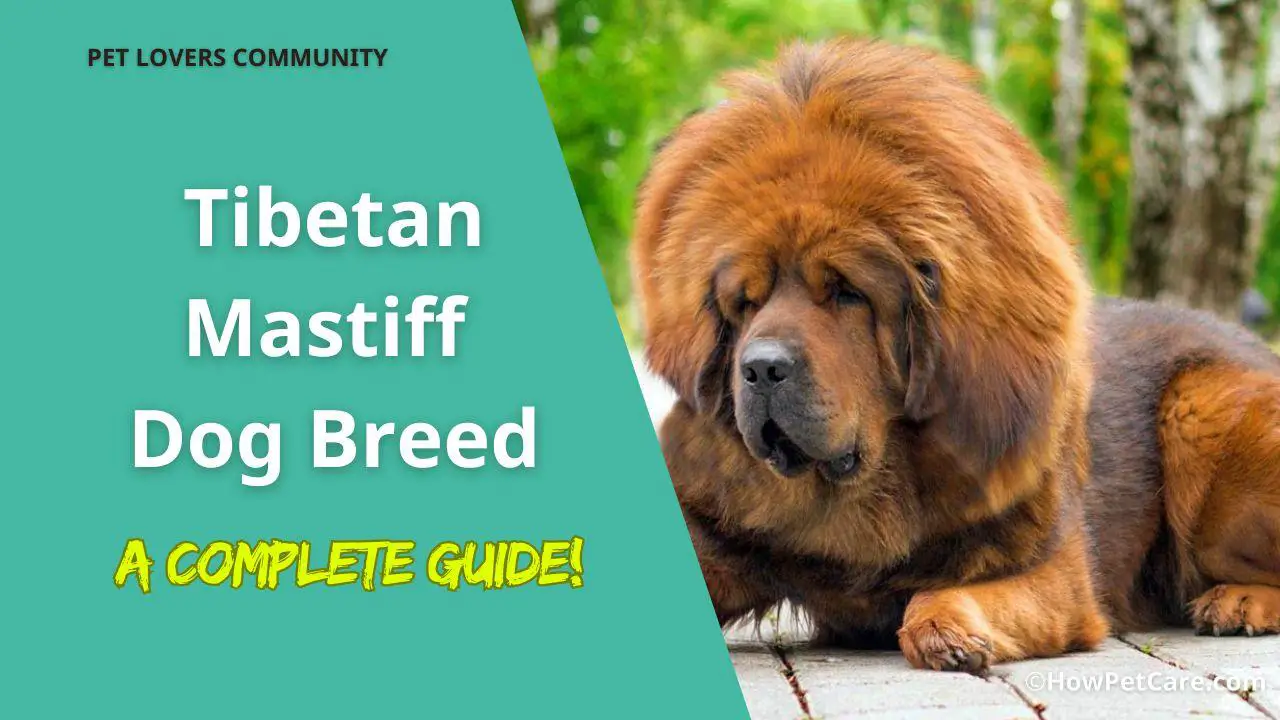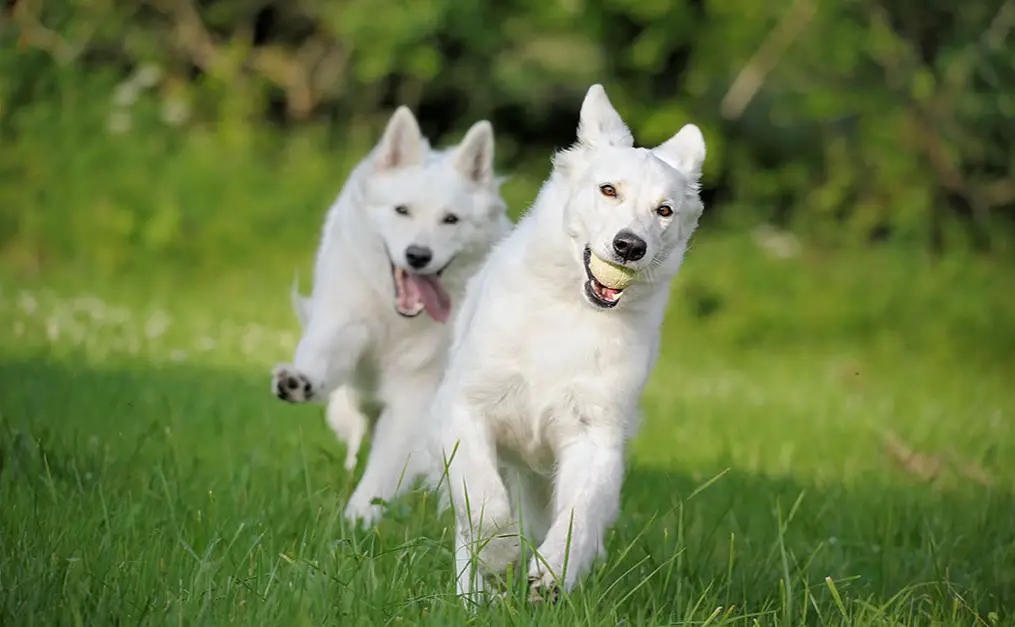The Samoyed, with its iconic fluffy white coat and heartwarming smile, is a breed that captivates dog lovers worldwide.
As an owner of two Samoyeds myself, I can attest to their irresistible charm and loving nature.
But theres so much more to these Arctic beauties than just their looks.
In this comprehensive guide, well explore everything you need to know about the delightful Samoyed breed.
Origins and History
Samoyeds originated in Siberia, where they were bred by the nomadic Samoyede people for centuries.
These hardy dogs served multiple purposes:
- Herding reindeer
- Pulling sleds
- Keeping their humans warm at night
The breed’s history dates back over 3,000 years, making them one of the oldest known dog breeds.
Their close bond with humans stems from this long partnership in harsh Arctic conditions.
Physical Characteristics
Size and Build
Samoyeds are medium to large dogs, with males typically standing 21-23.5 inches tall and females 19-21 inches.
They have a sturdy, muscular build hidden beneath their fluffy exterior.
Weight ranges from 35-65 pounds, depending on gender and individual genetics.
That Famous Samoyed Smile
One of the most endearing features of the Samoyed is their perpetual “smile.”
The upturned corners of their mouth serve a practical purpose – preventing icicles from forming and keeping drool from freezing on their face in extreme cold.
But for us humans, it’s just irresistibly cute!
The Glorious Samoyed Coat
The Samoyed’s double coat is truly a marvel of nature:
- Outer coat: Long, straight, harsh guard hairs
- Undercoat: Soft, thick, and wooly for insulation
This combination creates a coat that’s not only beautiful but also highly functional in cold climates.
The pure white color (though some Samoyeds can have a cream or biscuit tint) helped them blend in with the snow.
Fun fact: Samoyed fur is so warm and soft that it was once used to weave clothing!
Temperament and Personality
Samoyeds are known for their friendly, gentle nature.
They truly embody the phrase “man’s best friend” with their loving disposition towards their human family.
Key personality traits include:
- Affectionate and devoted to their family
- Playful and energetic well into adulthood
- Intelligent and sometimes stubborn
- Generally good with children and other pets
- Alert and protective, but not aggressive
One of my favorite things about my Samoyeds is their constant desire to be part of the family action.
Whether it’s cuddling on the couch or “helping” in the garden, they always want to be involved.
Exercise and Activity Needs
Don’t let their fluffy appearance fool you – Samoyeds are working dogs at heart and require plenty of exercise.
Aim for at least 60 minutes of activity daily, which can include:
- Brisk walks or jogs
- Playtime in a securely fenced yard
- Hiking (they make excellent trail companions!)
- Dog sports like agility or sledding
Mental stimulation is just as important as physical exercise.
Puzzle toys, training sessions, and interactive games will help keep their clever minds engaged.
Grooming and Care
Owning a Samoyed means embracing the fluff – and the grooming that comes with it.
Regular brushing (at least 2-3 times a week, daily during shedding seasons) is essential to prevent matting and manage shedding.
Other grooming needs include:
- Occasional baths (too frequent bathing can strip the coat’s natural oils)
- Regular nail trims
- Dental care
- Ear cleaning
Pro tip: Invest in a good quality undercoat rake – it’ll be your best friend during shedding season!
Training and Socialization
Samoyeds are intelligent dogs, but they can also be independent thinkers.
Positive reinforcement training methods work best with this breed.
Consistency, patience, and plenty of praise will go a long way in shaping a well-behaved Samoyed.
Early socialization is crucial to ensure your Samoyed grows into a confident, well-adjusted adult.
Expose them to various people, animals, and situations from a young age.
Health Considerations
While generally healthy, Samoyeds can be prone to certain genetic health issues:
- Hip dysplasia
- Progressive Retinal Atrophy (PRA)
- Diabetes
- Heart problems
Regular vet check-ups and a healthy lifestyle can help mitigate many health risks.
The average lifespan of a Samoyed is 12-14 years.
Is a Samoyed Right for You?
Samoyeds make wonderful companions for the right owners.
They thrive in homes where:
- They receive plenty of attention and interaction
- There’s ample time for exercise and playtime
- Grooming needs can be met consistently
- The climate isn’t too hot (they can overheat easily)
If you’re looking for a loyal, affectionate, and playful furry friend – and don’t mind some extra vacuuming – a Samoyed might be your perfect match.
Living with Samoyeds: Personal Insights
As someone who’s shared my home with Samoyeds for years, I can attest to the joy they bring.
Their goofy antics never fail to make me laugh, even on the toughest days.
Watching them romp in the snow is pure magic – they truly come alive in cold weather!
However, it’s not all fluff and smiles.
Be prepared for:
- Hair. Everywhere. All the time.
- Occasional stubbornness (they have minds of their own!)
- A need for consistent training and mental stimulation
But for those willing to put in the effort, the rewards of Samoyed companionship are immeasurable.
In conclusion, the Samoyed is a breed that combines beauty, intelligence, and a loving nature in one irresistible package.
With proper care, training, and lots of love, these smiling snow dogs make unforgettable lifelong companions.
If you’re ready for a furry friend that will fill your days with joy (and your vacuum with fur), a Samoyed might just be the perfect addition to your family.
















